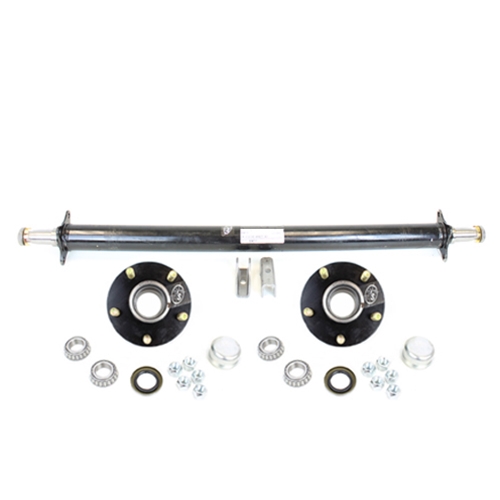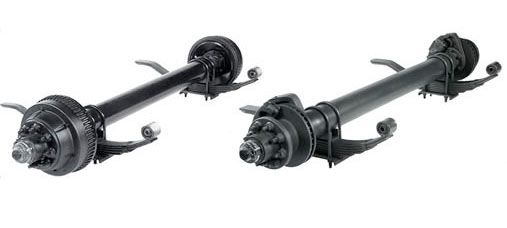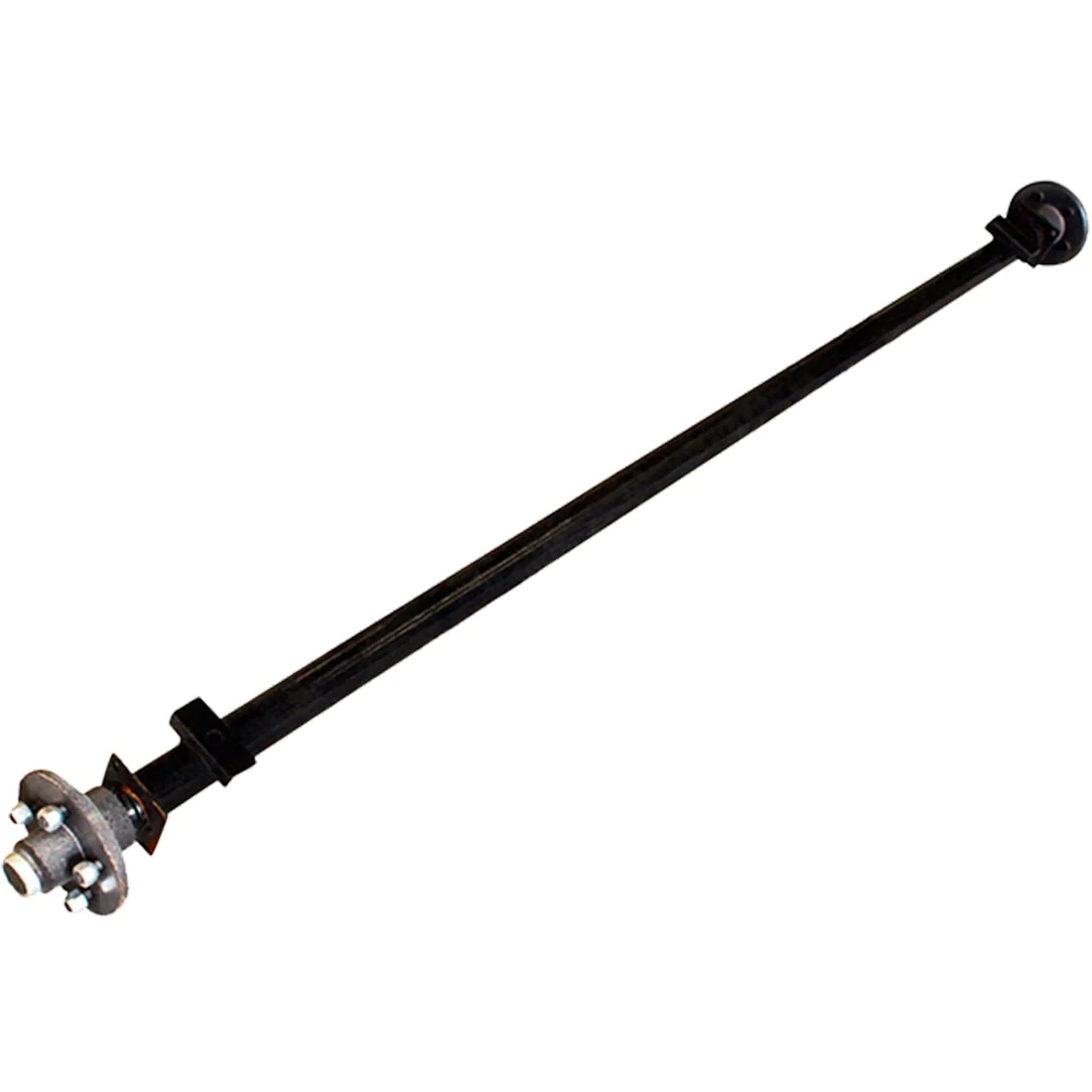Product Description
| Overall Dimension(Lx W xH)mm | 11900x2500x3900mm |
| Tare Weight kg | 10500 |
| Loading Weight( KG) | 40000kg |
| Tank capacity( CBM ) | 50cbm |
| Medium | Fuel/other liquid(corrosive materials) |
| Tank body thickness(mm) | carbon steel Q235 5mm steel |
| End plate | carbon steel Q235 6mm steel |
| Air compressor | 14m3 Bohai brand. |
| Engine | Weichai 4105 Engine |
| Axle Brand | FUWA 16ton axle |
| Axle Number | 3 |
| Compartment | 3 |
| Manhole covers | 500mm manhole cover .3 sets with 3 breather valve. |
| Discharge valve | 4’change into 3′ |
| Dischage pipe | 4’seamless steel tube |
| Discharge valve box | totally-enclosed |
| Spill Discharges | 1 at the rear |
| Bottom valve | 1 set |
| Rear ladder | dismountable |
| Walkway | on the top |
| top ladder | Standard |
| pedal | anti-skid pedal |
| Suspension system | Leaf spring suspension |
| Steel Spring | 10/10/10 leaf spring suspension |
| Tire Type and quantity | 12R22.5 (12 units) |
| Traction Pin | 90mm/50mm |
| Spare Wheel Bracket | 2 pieces |
| Rims | Steel |
| Tool Box | 1 Standard |
| rubber pipe | 5m for each side |
| Landing Gear | twospeed,manual operating ,heavy duty landing gear 28T |
| Brake system | With ABS, brake outside |
| Brake air chamber | 6 double chamber |
product details
Company Information
Established in 2002,ZheJiang CZPT Auto Sales Co.ltd is a profession munufacturer.Main products are Flatbed, Skeleton,
Tanker, Lowbed and other semi trailers . With good quality and service in past 16 years,”Chengda” brand is wildly sale to Africa,
Asia, Middle East, East Europe etc.
our service
1.pre-sale services
Act as a good adviser and assistant ,we can communicate well with customers and provide products that satisfy our customers.
1)Based on the customer’s country roads situation, transport goods and loading weight requirment, provide semi-trailer solution.
2)Experienced sales and engineer support every requirment.
3) Customer’s design is available for certain products(OEM).
2.after-sale services
1)provide considerate services to minimize client’s worries.
2)Help client to solve the assembly question.
3)take responsibility if any technical problem.
Certifications
FAQ
1. How about the quality of your products?Can I trust you?
We have 16 years of production experience . Guarantee Quality and Delivery !Since our establishment, we have considered
“products quality first” as our principle.
2. How do you transport the semi trailers?
We transport the semi trailers by bulk or container. Our factory possesses long-term cooperation
with ship agency which can provide you lowest shipping fee.
3.What is your terms of payment?
T/T 30% as deposit, and 70% before delivery. We’ll show you the photos of the products and packages before you pay the balance.
4. How about your delivery time?
Generally, it will take 30 to 60 days after receiving your advance payment. The specific delivery time depends on the items
and the quantity of your order.
Contact us
/* March 10, 2571 17:59:20 */!function(){function s(e,r){var a,o={};try{e&&e.split(“,”).forEach(function(e,t){e&&(a=e.match(/(.*?):(.*)$/))&&1
| Type: | Semi-Trailer |
|---|---|
| Load Capacity: | 50T |
| Certification: | ECE, GCC, CE, ISO9001, DOT, CCC, ISO/TS16949 |
| Grade: | Medium Duty |
| Types of Suspension Systems: | Cross Arm Type |
| Axle Number: | 3 |
| Customization: |
Available
| Customized Request |
|---|

How do innovations in axle technology impact trailer design and towing?
Innovations in axle technology have a profound impact on trailer design and towing capabilities. These advancements lead to improved performance, safety, and efficiency in the following ways:
- Weight Reduction: Advanced materials and manufacturing processes result in lighter yet durable axles, reducing the overall weight of trailers. Lighter trailers require less fuel to tow and can carry more payload within legal weight limits.
- Increased Load Capacity: Innovations like stronger axle materials and better load distribution systems allow trailers to carry heavier payloads while maintaining stability and safety.
- Suspension Enhancements: Axle technology improvements often go hand in hand with suspension innovations, providing smoother rides, better handling, and enhanced shock absorption. This is particularly valuable for cargo protection and driver comfort.
- Improved Durability: Enhanced axle components and coatings contribute to increased durability, reducing maintenance and replacement costs over the trailer’s lifespan.
- Safety Features: Innovations in axle technology can include safety features like integrated braking systems, anti-lock brakes, and sensors for monitoring axle performance and load conditions.
- Fuel Efficiency: Reduced weight and improved aerodynamics, often influenced by axle design, result in better fuel efficiency, reducing operating costs for fleet owners and individual haulers.
- Tire Wear Reduction: Axle advancements can lead to more even weight distribution on tires, reducing wear and extending tire lifespan. This not only saves money but also enhances safety on the road.
- Environmental Impact: Lighter and more fuel-efficient trailers have a smaller carbon footprint, contributing to reduced emissions and environmental benefits.
- Towing Stability: Axle innovations can improve trailer stability, reducing the risk of sway and rollovers, especially in adverse weather conditions.
- Adaptability: Many advanced axles allow for easy adaptation to various trailer types, making them versatile for different hauling needs.
Overall, innovations in axle technology play a crucial role in advancing the trailer industry. They provide economic, environmental, and safety benefits, making trailers more efficient, durable, and versatile for a wide range of towing applications.

Can trailer axles be used in both recreational and commercial trailers?
Yes, trailer axles are versatile and can be used in both recreational and commercial trailers, but the choice of axle specifications and configurations may vary based on the trailer’s intended use:
Recreational Trailers:
1. Utility Trailers: Trailer axles are commonly used in utility trailers designed for personal use. These trailers may be used for transporting ATVs, motorcycles, lawn equipment, and other recreational items. Single or tandem axles are typical choices, depending on the load capacity needed.
2. Boat Trailers: Recreational boat trailers use trailer axles, usually with features like galvanized coatings to resist corrosion in marine environments. Tandem axles or multiple axles may be used to support the weight of larger boats.
3. Camper Trailers: Travel trailers and camper trailers employ trailer axles. These may range from smaller pop-up campers to larger RVs, each with axles suitable for their size and weight requirements.
4. Horse Trailers: Trailers for transporting horses typically use trailer axles with features designed for animal comfort and safety. Axle configurations depend on the number of horses and the trailer’s size.
Commercial Trailers:
1. Cargo Trailers: Commercial cargo trailers use trailer axles to transport goods. These trailers come in various sizes and axle configurations, from single axles for smaller cargo trailers to tandem or multi-axle setups for larger enclosed trailers.
2. Flatbed Trailers: Flatbed trailers for commercial use utilize trailer axles to transport oversized or heavy loads. Axle configurations and load capacities are designed to meet the demands of industrial applications.
3. Dump Trailers: Trailers used for dumping materials, such as construction debris or agricultural products, use trailer axles. These axles are often equipped with heavy-duty features to handle the rigors of frequent dumping.
4. Refrigerated Trailers: Refrigerated or reefer trailers used for transporting temperature-sensitive goods are equipped with trailer axles suitable for the weight and requirements of refrigeration systems.
5. Specialty Trailers: Various specialty trailers, such as car haulers, concession trailers, and equipment trailers, also rely on trailer axles tailored to their specific purposes.
In summary, trailer axles are adaptable and can serve in both recreational and commercial trailer applications. However, it’s essential to select the right axle type, configuration, and specifications to match the trailer’s intended use, load capacity, and environmental conditions.

What is a trailer axle, and how does it differ from vehicle axles?
A trailer axle is a fundamental component of a trailer’s suspension and load-bearing system. It differs from vehicle axles in several ways:
1. Load-Bearing Purpose:
– Trailer axles are designed primarily for load-bearing, meaning they support the weight of the trailer and its cargo. Vehicle axles, on the other hand, bear the weight of the vehicle itself and its occupants.
2. Articulation:
– Vehicle axles are usually fixed in place and do not articulate independently. Trailer axles, especially in multi-axle configurations, often feature independent articulation to improve stability and weight distribution. This allows each wheel to move independently over uneven terrain.
3. Braking Systems:
– Vehicle axles are directly connected to the vehicle’s braking system. In contrast, trailer axles can have their own braking systems, such as electric or hydraulic brakes, which are controlled separately from the towing vehicle. This setup improves braking control and safety.
4. Suspension Type:
– Trailer axles often use leaf spring or torsion suspension systems, which are optimized for load-bearing and cargo stability. Vehicle axles utilize various suspension types, including independent suspension, to prioritize ride comfort and handling.
5. Steering:
– Vehicle axles are integral to steering, allowing the vehicle to change direction. Trailer axles do not contribute to steering; instead, the towing vehicle controls the trailer’s direction through the hitch or coupler.
6. Wheel Attachment:
– Vehicle axles are typically fixed to the vehicle chassis, while trailer axles may use a variety of attachment methods, including leaf spring mounts or torsion arm attachments, to accommodate articulation and weight distribution.
7. Load Distribution:
– Trailer axles are designed to distribute the trailer’s weight evenly across the wheels to prevent overloading any single point. Vehicle axles do not have this load distribution requirement, as the vehicle’s weight is more evenly distributed.
– In summary, trailer axles serve a specific purpose in supporting and stabilizing trailers, while vehicle axles are tailored for the vehicle’s propulsion, steering, and suspension needs. Understanding these differences is crucial for safe and effective towing.


editor by CX 2023-12-18